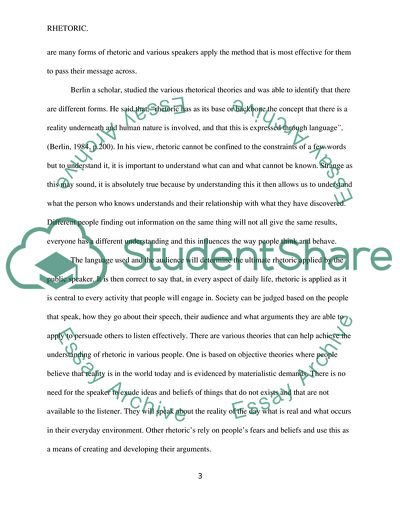Cite this document
(Rhetorical Journey through Time Literature review, n.d.)
Rhetorical Journey through Time Literature review. https://studentshare.org/social-science/1809003-discuss-the-future-of-rhetoric-in-our-electronic-age
Rhetorical Journey through Time Literature review. https://studentshare.org/social-science/1809003-discuss-the-future-of-rhetoric-in-our-electronic-age
(Rhetorical Journey through Time Literature Review)
Rhetorical Journey through Time Literature Review. https://studentshare.org/social-science/1809003-discuss-the-future-of-rhetoric-in-our-electronic-age.
Rhetorical Journey through Time Literature Review. https://studentshare.org/social-science/1809003-discuss-the-future-of-rhetoric-in-our-electronic-age.
“Rhetorical Journey through Time Literature Review”. https://studentshare.org/social-science/1809003-discuss-the-future-of-rhetoric-in-our-electronic-age.


